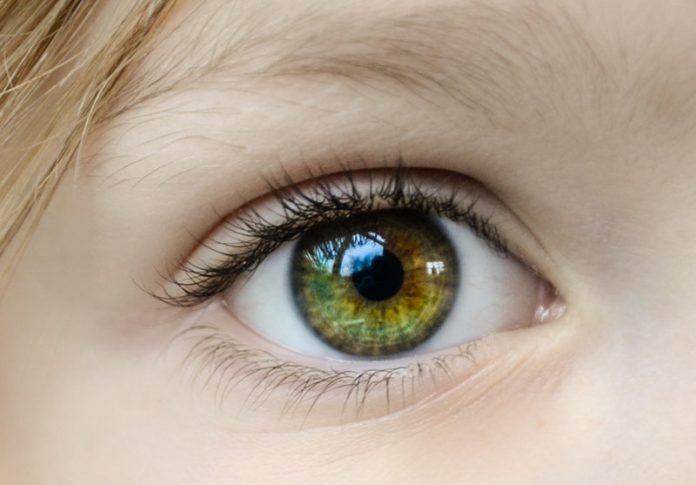
In a new study from UCL, researchers found just three minutes of exposure to deep red light once a week, when delivered in the morning, can significantly improve declining eyesight.
They showed daily three-minute exposure to longwave deep red light ‘switched on’ energy-producing mitochondria cells in the human retina, helping boost naturally declining vision.
In the study, scientists wanted to establish what effect a single three-minute exposure would have, while also using much lower energy levels than their previous studies.
All the participants were aged between 34 and 70, had no ocular disease, completed a questionnaire regarding eye health prior to testing, and had a normal color vision (cone function).
Using a provided LED device all 20 participants (13 female and 7 male) were exposed to three minutes of 670nm deep red light in the morning between 8am and 9am.
Their color vision was then tested again three hours post-exposure and 10 of the participants were also tested one-week post-exposure.
The team found there was, on average, a 17% improvement in participants’ color contrast vision when exposed to three minutes of 670 nanometres (long wavelength) deep red light in the morning and the effects of this single-exposure lasted for at least a week.
However, when the same test was conducted in the afternoon, no improvement was seen.
Scientists say the benefits of deep red light, highlighted by the findings, mark a breakthrough for eye health and should lead to affordable home-based eye therapies, helping millions of people globally with naturally declining vision.
This simple intervention applied at the population level would strongly impact on quality of life as people age and would likely result in reduced social costs that arise from problems associated with reduced vision.
If you care about eye health, please read studies about eye tests can predict cognitive decline in Parkinson’s disease 18 months ahead and findings of seeing clearly with blinding eye diseases can be a reality with these things.
For more information about eye disease, please see recent studies about vitamin D3, omega-3 fatty acids cannot prevent blinding eye disease in older people and results showing that this brain pressure problem causes headache, eye diseases.
The study is published in Scientific Reports. One author of the study is Professor Glen Jeffery.
Copyright © 2021 Knowridge Science Report. All rights reserved.



